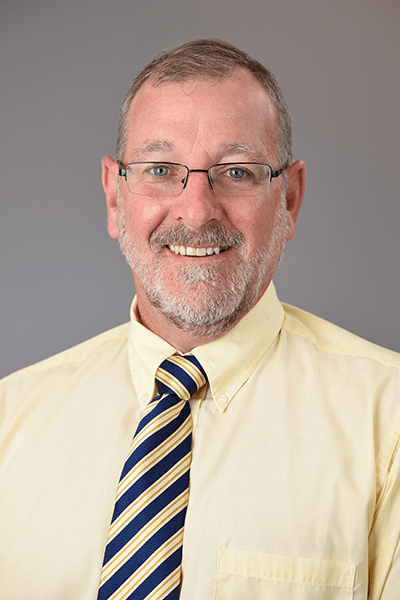
David P. Basile, PhD
Professor of Anatomy, Cell Biology & Physiology
Professor of Medicine
- Phone
- (317) 278-1565
- Address
-
MS 2063
PBIO
IN
Indianapolis, IN - PubMed:
-

Bio
Dr. Basile received his BS degree in Biology from Marquette University in Milwaukee, WI in 1987 and his Ph.D in Physiology from the University of Illinois in Urbana, IL in 1994. He then completed four years of post-doctoral work within the Renal Division of Washington University in St. Louis and an additional year at the Medical College of Wisconsin in Milwaukee. He took his first faculty appointment at the Medical College of Wisconsin in 1999 in the Department of Physiology and moved to the Department of Cellular & Integrative Physiology at IU School of Medicine in 2005. He also holds an adjunct appointment in the IUSM Department of Medicine/Nephrology Division and is an affiliated member of the Indiana Center for Vascular Biology and Medicine (ICVBM).
Dr. Basile’s primary research interest is in the area of kidney physiology and disease. He enjoys collaborations with members of Division of Nephrology, the Department of Pediatrics and the ICVBM. He sits on the Editorial Board of the American Journal of Physiology-Renal Physiology, Kidney International, and the Journal of the American Society of Nephrology.
| Year | Degree | Institution |
|---|---|---|
| 1998 | Postdoctoral Training | Washington University |
| 1994 | PhD | University of Illinois |
| 1990 | MS | University of Illinois |
| 1987 | BS | Marquette University |
Work in my laboratory has been directed toward elucidating the pathophysiology of acute kidney injury and chronic kidney disease. Since 2001, my lab has focused on studying the functional chronic consequences of acute kidney injury with particular questions related to the altered vasculature. My laboratory can provide trainees with experiences in several areas of ongoing research as described below.
a) Causes of CKD following AKI. My laboratory is well-versed with the models and methodologies related to the establishment of renal injury, the measurements of CKD and fibrosis, evaluation of capillary structure and the isolation and culture of endothelial cells from kidney and other organs. We are also capable of whole animal physiological measurements including measurements of blood flow and blood pressure by telemetry and multiple molecular biological and imaging techniques geared at measuring gene and protein expression. Recent studies in this area have focused on how renal injury alters the profile of lymphocytes with potential pro-inflammatory and renal hemodynamic consequences.
b) Influences of mitochondrial adaptations on resistance to ischemic injury. Work in collaboration with Dr. Bacallao in the Division of Nephrology have focused on how adaptations in the mitochondrial proteome may provide resistance to injury following renal ischemia reperfusion. This highly integrative and collaborative projects may involve investigation of experimental and genetic models of AKI resistance, methods to over express mitochondrial genes in kidney in vivo, investigation of mitochondrial responses using respiratory and microscopy methodologies, and evaluation of renal hemodynamic responses to mitochondrial manipulation,
c) Investigation into renal revascularization strategies following injury. In collaboration with Dr. Mervin Yoder in the Department of Pediatrics, we have successfully established long term cultures of renal derived endothelial cells from rats. We have investigated the unique cellular properties of renal derived endothelial cells and demonstrated that these have impaired growth potential relative to other cultured endothelial cells with high percentage of progenitor ECFC. We have conducted studies using ECFC as potential therapeutic treatments in the course of ischemia reperfusion injury. Our collaboration remains focused on the long term goal of re-establishing renal vascularization by using either ECFC based cell-therapy or determining ways to improve endogenous renal endothelial proliferative capacity.